The benefits of grapes are widely known. The vitamins, minerals and substances important for the body that it contains slow down the aging process, cleanse the intestines of toxins and regulate the metabolism.
In order for the human body to derive more benefits, according to experts, grapes are best eaten with their seeds, if there are no digestive problems.
The small, discrete seeds contain many valuable properties, especially in the grape seed extract.
Properties of grape seeds
Contain antioxidants
The main property of grape seeds is the presence of antioxidants such as phenols and tannins. These substances protect the body from free radicals, prevent aging and deterioration of various organs, tissues and cells. They prevent the appearance of wrinkles, dry and aged skin. As one of the best antioxidants, they enhance the positive effects of vitamins C, E and beta carotene.
Protect the body
Grape seeds act as a protector of the body from harmful effects such as pollution, smoking, stress, alcoholism, helping passive smokers to protect themselves from such pollution. They purify the blood and at the same time promote blood circulation.
Help with heart problems
The presence of bioflavonoids in grape seeds strengthens the walls of blood vessels in the first hours after their consumption and thus act as a means of preventing heart problems.
Have antibacterial and anti-inflammatory properties
The powerful antibacterial and anti-inflammatory properties of grape seeds help with various inflammatory diseases such as arthritis, dermatitis, skin diseases, colitis, gastritis and others. They have the power of a preventive agent against colon cancer, a bowel cleanser and prevent diseases of all kinds.
Benefits for the kidneys and liver
These seeds are beneficial for the liver and also reduce the risk of kidney damage because they prevent oxidative stress from affecting the organs.
Heal wounds
Very few people know that eating grape seeds helps wounds heal faster. This is because they contain compounds called proanthocyanidins, which have a role in wound healing.
Reduce the risk of cancer
Daily consumption of grape seeds reduces the risk of cancer. These seeds prevent the risk of various types of cancer.
Beauty assistant
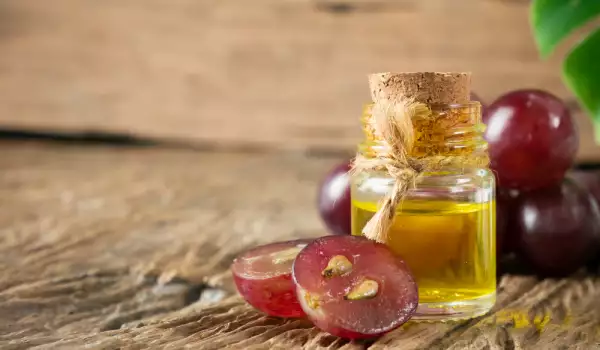
The antioxidants are very effective in skin care, as cell oxidation is a major cause of skin imperfections. Grape seeds keep tissues soft and healthy. They promote hair growth and are therefore an ingredient in many products against hair loss - grape seed oil against hair loss.
Grape seed composition
The power of grape seeds in the prevention and treatment of various health problems are due to their rich composition. They contain up to 20 percent fatty acids. They are distributed in the following way:
- 72 percent linoleic acid;
- 16 percent oleic acid;
- 7 percent stearic acid;
- 4 percent palmitic acid;
- 1 percent alpha linolenic acid.
Grape seeds are an important source of micro and macro elements. They are represented by potassium, calcium, magnesium, manganese, iron, copper, zinc, sulfur, chlorine, silicon.
Grape seeds also contain phenols, steroids, vitamins A, B, E, ascorbic and niacin. In addition to them are vitamin K, folic acid, tocopherols, pantothenic acid.
The calorie content of grape seeds is 64 kilocalories per 100 grams of seeds, with the ratio of fats, proteins and carbohydrates being 18 grams; 0 grams; 10 grams, respectively. The nutritional value varies depending on the grape variety, how ripened they are and cultivation.
Dosage and contraindications for the use of grape seeds
Consumption of grape seeds should take into account the characteristics of the grapes. The seeds themselves are covered with a thick membrane that envelops the grape fruit.
If the seed is consumed along with the grapes, the benefits for the body are insignificant and in diseases of the digestive system it will even be harmful to eat them, because they irritate the mucous membranes of the stomach and intestines, and this exacerbates diseases of the digestive tract. In case of food allergies, during pregnancy and lactation, it is forbidden to eat the seeds of all fruits, and this also applies to grapes.
In the absence of contraindications, the average daily dose is 45-50 grams of seeds. It should not be forgotten that excessive consumption of grapes along with the seeds can cause allergies, constipation, bleeding due to blood thinning.
Uses of grape seeds and their products

In folk medicine
Grape seeds in the form of decoction are used as a diuretic. The decoction is also prescribed in the presence of kidney stones and gout. The biological components alkalize the urine, regulate the metabolism of purines in the body, reduce the concentration of uric acid and prevent the formation of urate stones. They have an anti-inflammatory and analgesic effect.
They are effective as a prevention against cancer, as they inhibit the growth of cancer cells and slow down the aging process.
They are used in the treatment of flu, as they are an additional source of vitamins and minerals and restore the protective functions of the immune system.
The product has the property of slowing the development of cataracts and eliminating complications.
Regular use of grape seeds as a dietary supplement is a prevention against many diseases in old age such as Alzheimer's disease, dementia, atherosclerosis, problems with menopause. It is recommended as a prevention for rosacea, varicose veins and cellulite.
Uses of grape flour
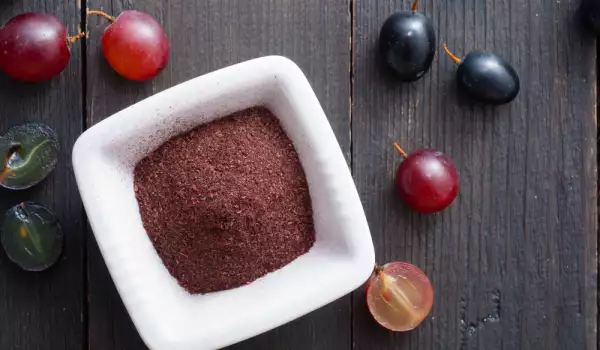
Grape flour is a product obtained by grinding dried grape seeds. It is used to regulate fat metabolism, deals with constipation and regulates intestinal microflora.
As a prophylactic agent, 1 teaspoon is taken 3 times a day, half an hour before meals. For treatment, the dose is doubled. It can be added to yogurt, kefir or milkshakes.
Uses of grape seed oil
Grape seed oil is obtained by cold pressing the seeds of the wine grape variety. Since ancient times, it has been a means of maintaining the beauty of the skin.
The uses of grape seed oil are numerous. The product has an exfoliating, brightening and protective effect at the same time. It is used to combat skin aging.
Another of its uses is as a massage oil. It is well tolerated by the skin, especially if it is dry and aging.
Grape seed oil is a component of anti-cellulite creams, as it improves blood flow in the skin layer and tightens the skin. When massaged with it, the result is visible after 14 days.
Uses of grape seed extract
In a concentrated form as grape seed extract, it has a strong effect. The extract has an alcohol base and is used for problems with the nervous system, to improve metabolism and increase immunity.
In general, grape seeds are a useful product, which is of completely natural plant origin and can be used as a medicine. The entire vitamin-mineral complex contained in them is useful for maintaining human health.
Find out why it is good to eat more grapes, how to make raisins from grapes and how you can make grape pekmez.



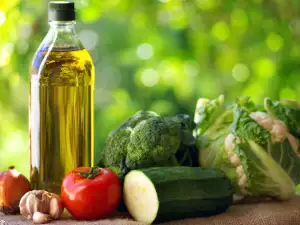
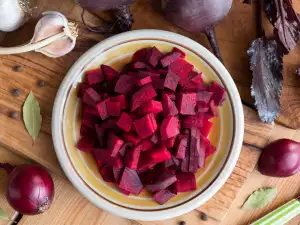
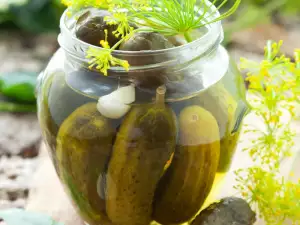
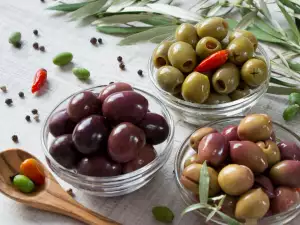

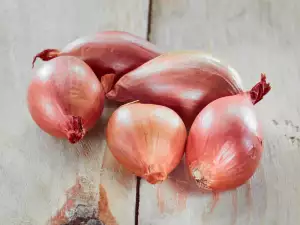

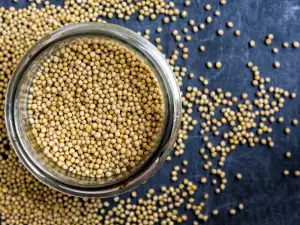


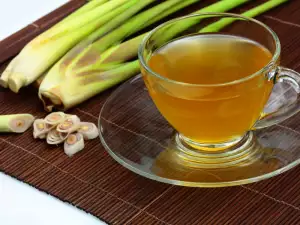
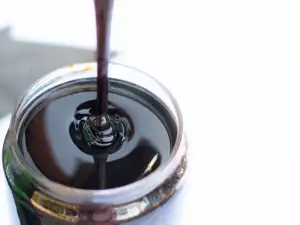
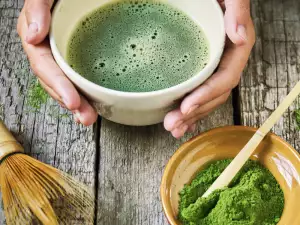




Comments